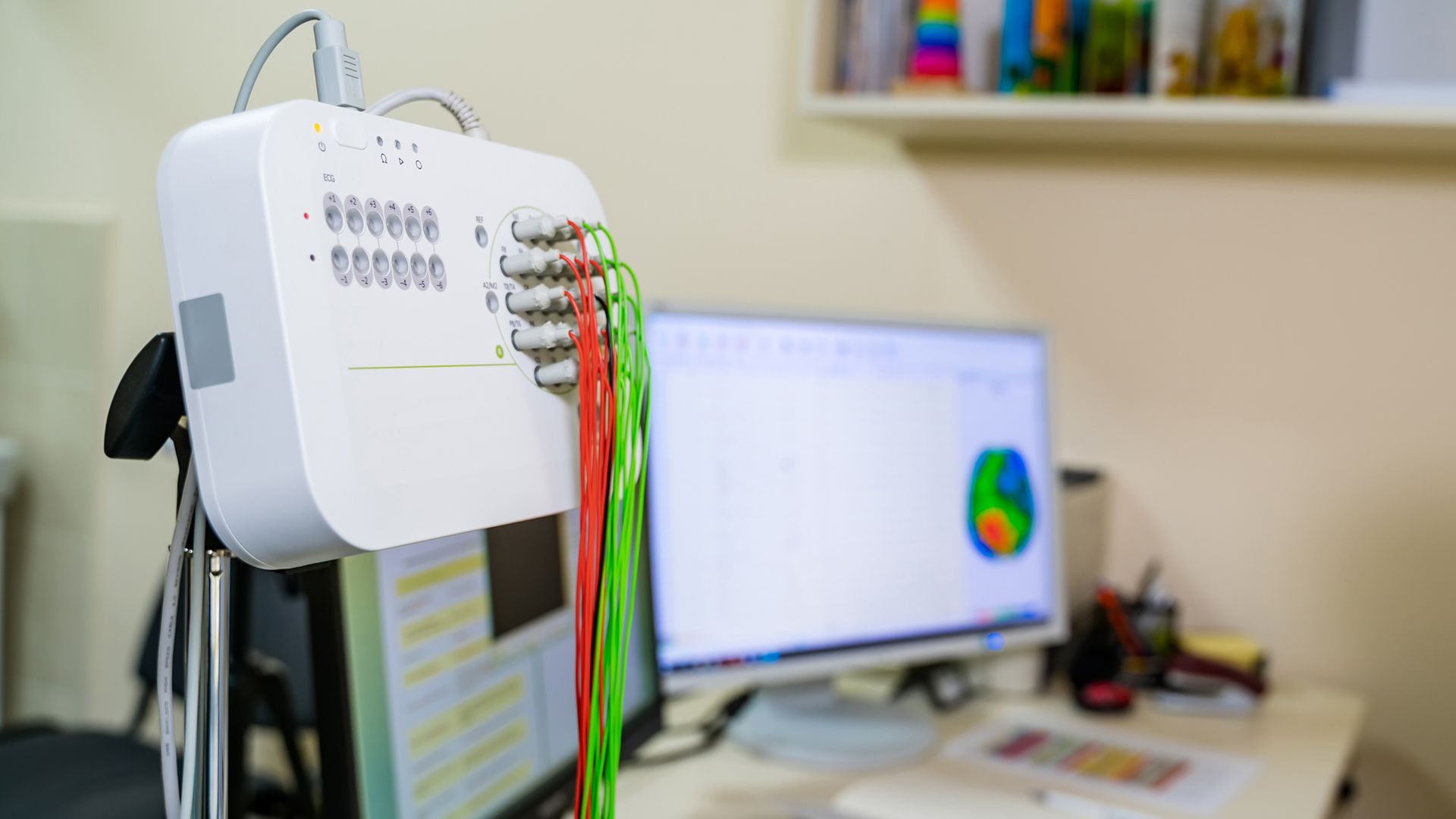Updated on August 6, 2024
It’s estimated that nearly half a million children in the United States are living with epilepsy, a neurological disorder that causes recurring seizures.
Epilepsy and the seizures caused by epilepsy are a different experience for every family, but one thing that every family affected by epilepsy has in common—they need resources.
They need reliable information about the condition and treatments. They need ways to find specialists who treat epilepsy in children. They need other parents to connect with, who can be a source of information, advice, and emotional support.
If you are a parent of a child with epilepsy, here are five places to get started in finding resources that may help.
Patient education and tools
Whether a child has just been diagnosed with epilepsy or has been living with the condition for several years, one of the best resources available online is the CDC’s Information for Parents page.
You’ll find information on the basics of epilepsy, seizure first aid, and the Managing Epilepsy Checklist—which is a great tool to help guide parents in teaching their kids skills and strategies for living with epilepsy.
You’ll also find information on epilepsy in schools and a page that can help when explaining epilepsy to kids.
One of the most comprehensive guides to epilepsy online is the website for the Epilepsy Foundation. The site contains dozens of pages of information on types of seizures, the causes of epilepsy, tests, exams, medications, and other therapies.
The Living with Epilepsy section covers a variety of practical strategies, including first aid, having a seizure action plan, and practicing what to do when a seizure happens—useful information for immediate family members, extended family members, and family friends. The pages for parents and kids cover epilepsy in all age groups, from newborns and infants, all the way through college-age kids.
In many cases, epilepsy can be treated with medications—but not every person responds to medications. For parents considering surgery to treat epilepsy, The Brain Recovery Project offers extensive information on surgical approaches to treating epilepsy in children.
Patient assistance programs
Epilepsy is a financial challenge for many families, and there are organizations that may be able to help with the cost of medical care.
The Epilepsy Foundation has a page on Patient Assistance Programs, with a search tool to find programs that can help with the cost of medications. The foundation also offers a 24/7 helpline which can connect you with a trained information specialist.
NeedyMeds.org also has a page that lists assistance programs.
The cost of treatment is something you should talk about with your child’s healthcare team, who may be able to suggest other strategies.
Support groups and connections
It can be helpful to meet and connect with other parents of children who have epilepsy—after all, they are the only ones who really know what the experience is like. Other parents can also be a great source of practical information, guidance, and of course, emotional support.
Epilepsy Alliance America has information on several regional support groups, including some that meet virtually (which can be very helpful to parents with busy schedules).
One-to-one connections can also be helpful. Parent to Parent USA is an organization that matches parents whose families are affected by many different conditions and circumstances, including epilepsy. Consider signing up to get matched with a support parent or volunteering to be a support parent.
There are also many local support groups throughout the country, as well as online communities. Internet searches, Facebook, and your family’s healthcare providers can help you find groups where you live.





